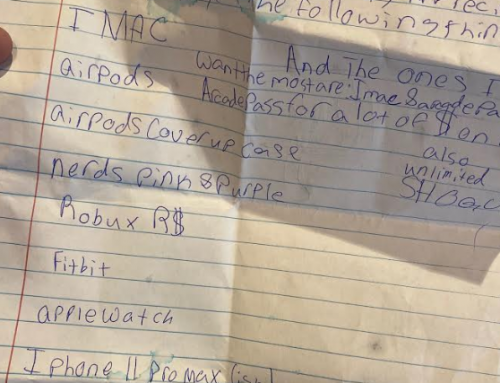There are so many things that we parents have to worry about our children. We have to make sure they are eating well, sleeping well, doing well in school and that they have friends. Add in the day to day chores of being a parent — laundry, cooking meals, rides to extra curricular activities — and anyone can quickly become overwhelmed. But through the haze of temper tantrums, packed schedules and pure exhaustion, we do have to worry about one more thing: toxic stress and how it can affect our kids. As we all know, there is positive stress and bad stress. Our job is to make sure that we know the signs of toxic stress in children.
First of all, in case you didn’t know, there are different types of stress. There is positive stress, tolerable stress and toxic stress. While positive and tolerable stress are normal, toxic stress can be damaging to a child over a lifetime.
You can read more about them on the StressHealth.org‘s website but, basically, anything that a child encounters that is traumatic – physical or mental abuse or even neglect – can have lifelong effects that we may not think of. It can affect kids’growth, health and ability to build a healthy life later on.
As busy parents, educators and village members, it is so important to know the signs of toxic stress in children so that we may step in and help them should they need us.
For toddlers and babies it may be hard to determine when they have encountered toxic stress. Look for any drastic change in behavior, such as regression to bed-wetting or thumb-sucking, and make sure you monitor changes closely.
In school-age kids and teens, common signs of toxic stress include:
- Poor coping skills
- Behavior and learning difficulties
- Mood swings
- Sleep issues
- Overeating and other compulsive behaviors
- Fear and anxiety triggered by places or people that remind them of past trauma
These are some of the basics, but are not limited to the reactions kids can have to a traumatic event that, literally, changes the course of their future health. Frequent illnesses, sudden problems in school and other behavior changes should prompt loving and caring questions immediately.
We, as adults, can help mitigate or reduce the impact of toxic stress on a child by simply being there for them. Whether it affects our child or not, we as adults have a responsibility to these kids, and we should reach out should we have concerns.
As parents, we have to make the time to understand the effects!
What types of changes have you seen in your child, could it be stress?












Maybe she’s stressed out because you told the whole internet that she still wears pull-ups?